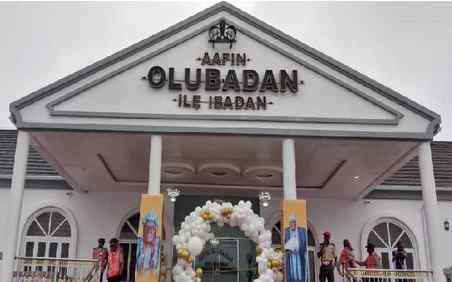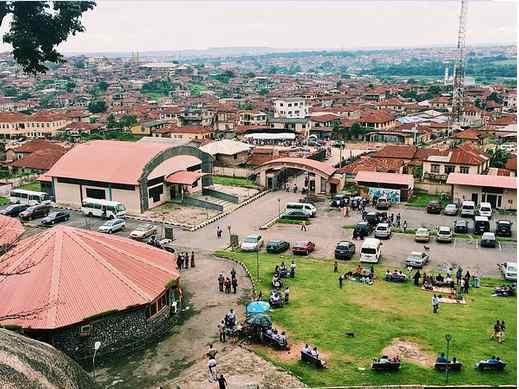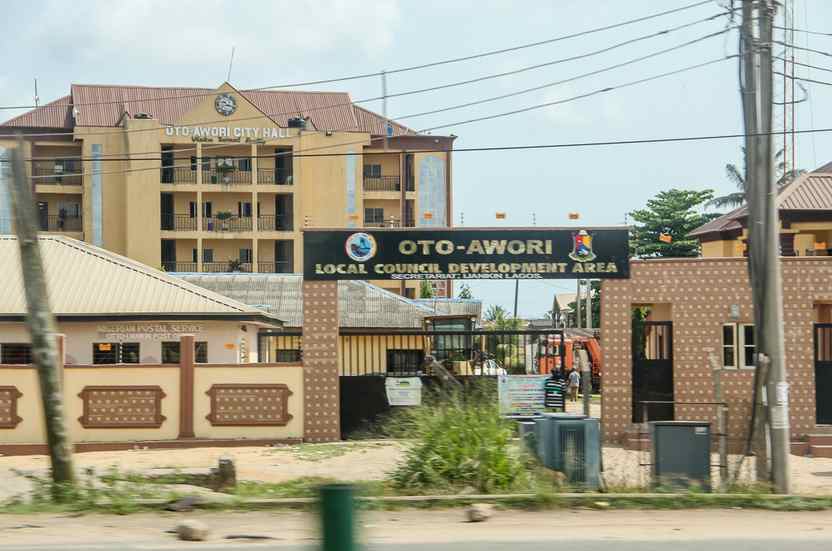
support@yorubalibrary.com
+2348073529208, 07038599574

Ibadan is laced with a unique position in Yoruba history and modern Nigeria. Known as the largest city in West Africa by landmass, Ibadan has long been a melting pot of cultures, traditions, and commerce. Located in present-day Oyo State, South-West Nigeria, this historic city rose to prominence in the 19th century as a military stronghold and later evolved into a major center for politics, trade, education, and culture.
Founded in the early 1800s by warriors from different Yoruba towns, Ibadan became a refuge for displaced people during the Yoruba internecine wars. It grew rapidly into a formidable city-state, governed by a military aristocracy rather than a single monarch. This unique system of leadership, headed by the Olubadan and his council of chiefs, remains a defining feature of Ibadan’s identity today.
Over the years, Ibadan has been home to some of Nigeria’s greatest political leaders, scholars, and cultural icons. It was also the site of the first university in Nigeria — the University of Ibadan — and many pioneering institutions in media, education, and healthcare. The city’s evergreen marketplaces, sprawling neighborhoods, and blend of traditions make it both a cultural capital and an economic powerhouse.
Location and Geography
Ibadan is located in the southwestern part of Nigeria, bordered by Oyo town to the north, Ogun State to the south, and Osun State to the east. Its terrain is characterized by rolling hills and open grasslands, with the Eleyele and Ona Rivers flowing through parts of the city. Its strategic location along key trade routes has historically made it a commercial hub.
Cultural and Historical Significance
Historically, Ibadan was the headquarters of the Yoruba army during the 19th-century wars. It became a center for unity among different Yoruba subgroups, as warriors from Oyo, Ife, Ijebu, and other towns settled there. The city’s political structure, where military titles translate into civil authority, is unique in Yoruba land. Ibadan is also famous for its cultural festivals, such as the Oke’badan Festival, which celebrates the city’s founding.
People and Occupations
The people of Ibadan are known for their resilience, business acumen, and hospitality. Farming, trading, and transportation are major economic activities, along with modern industries. The city has a thriving arts and music scene, producing notable Yoruba musicians, writers, and performers.
Unique Features of the Town
Ibadan boasts many landmarks, including the historic Mapo Hall, Cocoa House (the first skyscraper in West Africa), the University of Ibadan, and Bodija Market, one of the largest food markets in the country. Its blend of old and modern architecture reflects its history and evolving development.
Oriki Ilu Ibadan
Below is the traditional Oriki (praise poetry) of Ibadan, the capital city of Oyo State.
Ibadan omo ajorosun
Ibadan ki ba ni s’ore ai mu ni lo s’ogun.
Ija igboro ni ija ti gbogbo Ibadan
Omo agbo sasa mo sa
Omo agbo yaya mo ya
Oke gulutu igbo tin won tin bo osabari
Igbo suru tin baba yin tin bo olokun
Olokun adigere
Osabari okoja
Ojo toba di ojo oja eje ka ranse si osabari
Lojo to ba je ojo ere eje ka ranse pe olokun
Agbo dudu ni baba yin fin bo osabari
Ewure dudu ni baba yin fin bo olokun
Ibadan mari ma kogun
Ibadan Mesi Ogo, nile Oluyole.
Ilu Ogunmola, olodogbo keri loju ogun.
Agbala Ogunmola oju ti baba elomi loo
Agbala ogunmola o to ikoko saare
Ilu Ibikunle alagbala jaya-jaya.
Ilu Ajayi, o gbori Efon se filafila.
Ilu Latosa, Aare-ona kakanfo.
Ibadan Omo a je Igbin je ikarahun
Omo afi ikarahun fo ri mu.
Ibadan maja-maja bii tojo kin-in-ni,
eyi too ja aladuugbo gbogbo logun,
Ibadan ki ba ni s’ore ai mu ni lo s’ogun.
Ibadan Kure!
Ibadan beere ki o too wo o,
Ni bi Olè gbe n jare Olohun.
B’Ibadan ti n gbonile bee lo n gba Ajoji.
Eleyele lomi ti teru-tomo ‘Layipo n mu.
Asejire lomi abumu-buwe nile Ibadan.
A ki waye ka maa larun kan lara, Ija igboro larun Ibadan.
Conclusion
Ibadan is not just a city; it is a testament to Yoruba unity, strength, and adaptability.
Need more? Browse through our Oriki Gallery today, at zero cost.

Check out the detailed Oriki of Abeokuta, the capi…

The authentic Oriki of the Awori people, one of th…